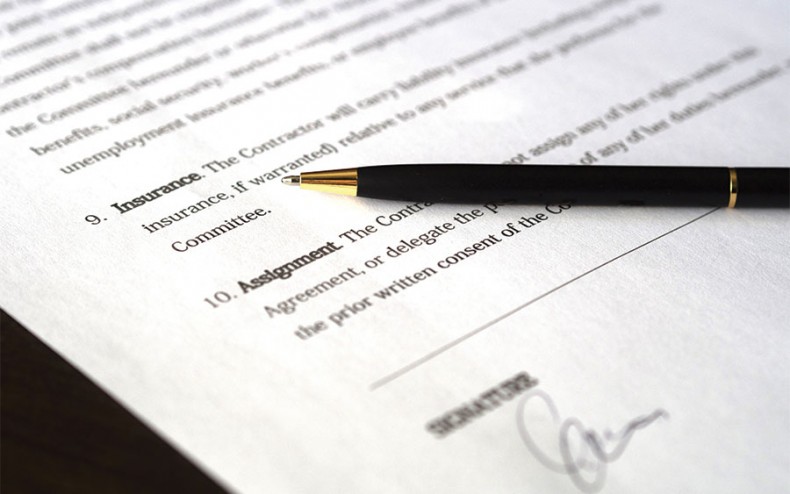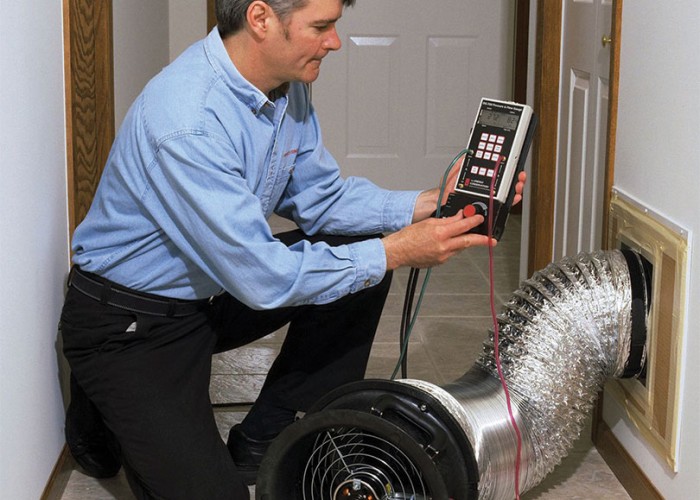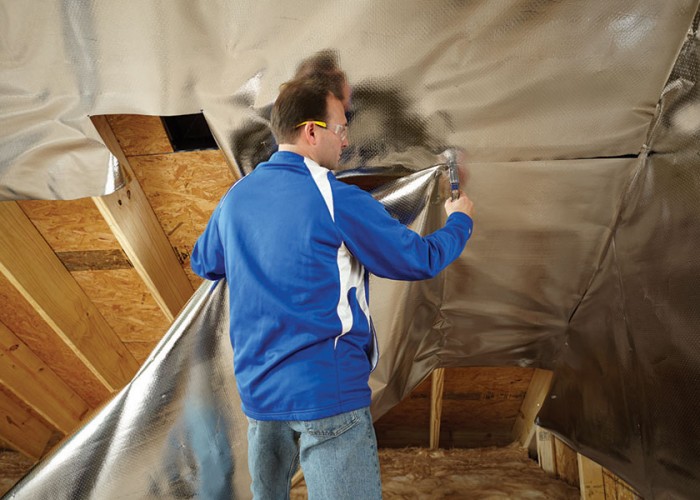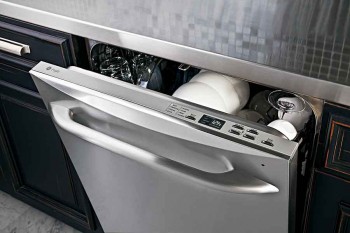Hiring the Right Contractor
Tips to ensure they do good work and stay on budget
By Pat Keegan and Brad Thiessen
Renovations can be the perfect time to improve your home’s energy efficiency. But how can ensure you hire a contractor who will do a good job and stay within budget? To make sure you get those energy savings, it’s important to do some planning right from the beginning.
The first step is to educate yourself so you can be in control of your project. Helpful, easy-to-understand energy efficiency information is available for virtually any area of your home and any renovation project. Just be sure to use reputable sources, like energy.gov, energystar.gov or your local electric co-op.
You’ll need that knowledge so you can judge the solutions each potential contractor proposes. Some products or methods sold as effective energy efficiency solutions may not work as well as they claim, or may be too expensive relative to the energy savings they provide.
It’s important to talk to your local building department to find out if your project requires a permit and inspections. Some contractors may suggest doing the work without a permit, but unpermitted work can cause problems if you need to file an insurance claim down the road or when you get ready to sell your home.
You also can use your newfound knowledge to ask the right questions of potential contractors. Ask about the product to be installed, the energy savings it should yield and whether it will improve comfort. Because energy efficiency installations and construction are specialized, most measures are unlikely to be installed correctly unless the installer has experience and hopefully some appropriate training or certification.
Finding a contractor can be a challenge, especially in rural areas. To find them, use your online search engine to “find a contractor in your area.” If you’re in a sparsely-populated area, the right contractor may be located an hour or two away. Your electric co-op may be able to provide a list of approved contractors in your area. You can also check with a local energy auditor for contractor names.
You may decide you’d like to hire a small specialty contractor or a larger general contractor. Either way, it’s crucial to hire someone with a contractor’s license, a local business license and three types of insurance: liability, personal injury and workers’ compensation. Check references to verify the contractor has a solid history of cost-control, timeliness, good communication and excellent results, including significant energy savings. You might learn that your lowest bidder has a tendency to increase the price after the job has begun.
As you choose between contractors, quality should be an even more important consideration than price. Poor-quality energy efficiency work will not deliver maximum savings.
Once you have settled on a contractor, be sure to get a written contract. It should cover “as built” details and specifications that include energy performance ratings you have researched ahead of time, such as:
- Name of the individual doing the installation;
- Specific R value, if you’re insulating;
- Make, model, the AFUE (annual fuel use efficiency) and COP (coefficient of performance) ratings if you’re replacing a furnace (and ask that an efficiency test be conducted before and after the work);
- Make, model and EER (energy efficient ratio) rating if you are replacing the air conditioner (some contractors are able to check for duct leakage in the supply and return ductwork with a duct blaster if you’re doing any furnace or AC work); and
- Whether the contractor must pay for the necessary building permits.
Finally, be cautious about pre‑paying. Keep the upfront payment as low as possible, set benchmarks the contractor must meet to receive the next payment and make sure a reasonable amount of the payment is not due until the project is completed, passes building inspections and you are fully satisfied. If you don’t feel qualified to approve the project, you could even require testing or inspection by an independent energy auditor.
Then, enjoy your new energy efficient space!
About the Author
This column was co-written by Pat Keegan and Brad Thiessen of Collaborative Efficiency.-
More Energy Sense
-
Share this story:





